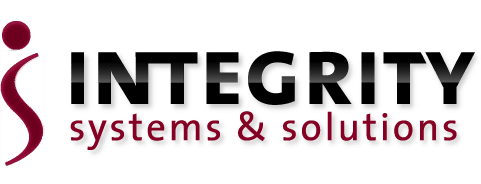
By: Michael Vincelette on October 1st, 2024
IoT in Healthcare: Improving Patient Experience & Operational Efficiency
The Internet of Things (IoT) offers convenient, smart devices that are remaking the healthcare industry by enhancing patient care and streamlining efficiency. Let's examine what IoT in the healthcare space looks like, some of its benefits, and the challenges and considerations.
IoT Healthcare Devices
IoT is defined as the physical devices that connect and exchange data over the internet. These devices may be sensors, software or other technological tools. The IoT medical device market is growing rapidly, which shows the industry's shift toward more data-driven and personalized patient care models.
IoT-Based Health Monitoring System
One of the most significant applications of IoT in healthcare focuses on patient monitoring. Remote patient monitoring systems allow healthcare providers to track patients' health metrics, such as heart rate, blood pressure and oxygen levels, without mandatory in-person visits. Wearable devices like smartwatches and continuous glucose monitors can provide patients and doctors with real-time data, enabling timely interventions and better management of chronic conditions like diabetes.
Streamlining Practice Management
IoT-enabled inventory management systems for medical equipment and pharmaceuticals help healthcare facilities maintain optimal stock levels, reduce waste and ensure that critical supplies are always available. Environmental monitoring systems, another application of IoT in healthcare, help maintain optimal environmental conditions in medical facilities like temperature and humidity.
Automated data collection and integration with Electronic Health Records (EHRs) further enhances efficiency by minimizing manual data entry, reducing the risk of errors, and allowing healthcare professionals to focus on patient care rather than administrative tasks.
Improving Overall Practice Efficiency
Automated data collection and analysis reduce the administrative burden on healthcare professionals, letting them focus on higher-priority tasks. IoT devices also optimize resource allocation and scheduling, ensuring that healthcare providers can effectively manage their time and resources.
IoT enhances communication between patients and healthcare providers, facilitating timely consultations and follow-ups. These conversations are crucial for managing chronic conditions and improving patient outcomes.
Emerging IoT Technologies in Healthcare
IoT in healthcare’s future looks compelling. Ingestible sensors, for example, offer a new way to monitor internal health metrics, gathering previously inaccessible data. Smart contact lenses are being developed for various applications, including glucose monitoring for diabetic patients. The integration of artificial intelligence (AI) and machine learning with IoT devices is creating more autonomous decision-making in healthcare.
Challenges and Considerations
Despite the many benefits of IoT in healthcare, there are several challenges. Data security and privacy concerns are big ones, as the increased number and complexity of connected devices creates more opportunities for cyber threats. Integration issues are another, as it’s crucial for ensuring seamless data exchange and integration. Regulatory compliance is also a significant consideration, as healthcare providers must follow complex regulations to make using IoT devices safe and effective.
Future Outlook
As IoT technology in healthcare continues to evolve, its impact will grow. This innovation will likely lead to improved patient outcomes; more efficient healthcare practices; and a shift toward more personalized and preventive care models.


